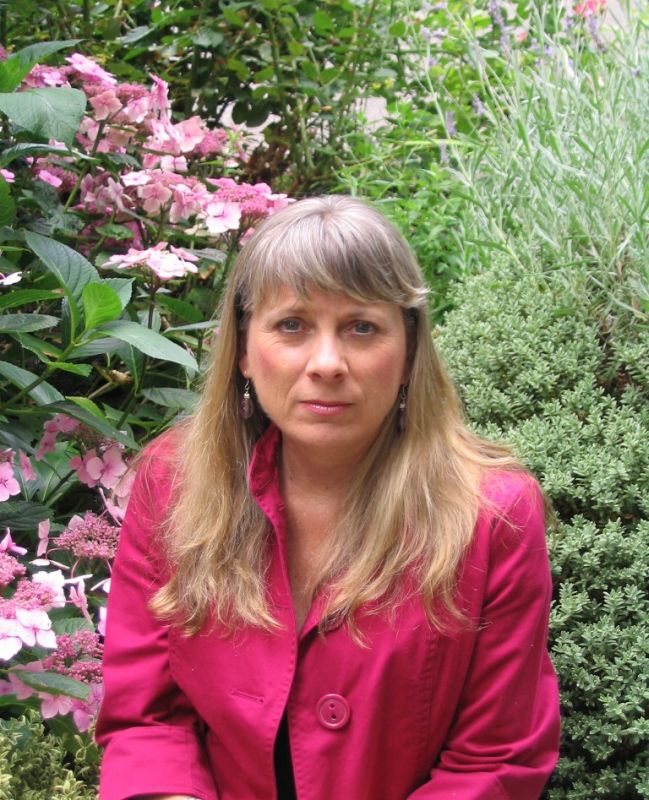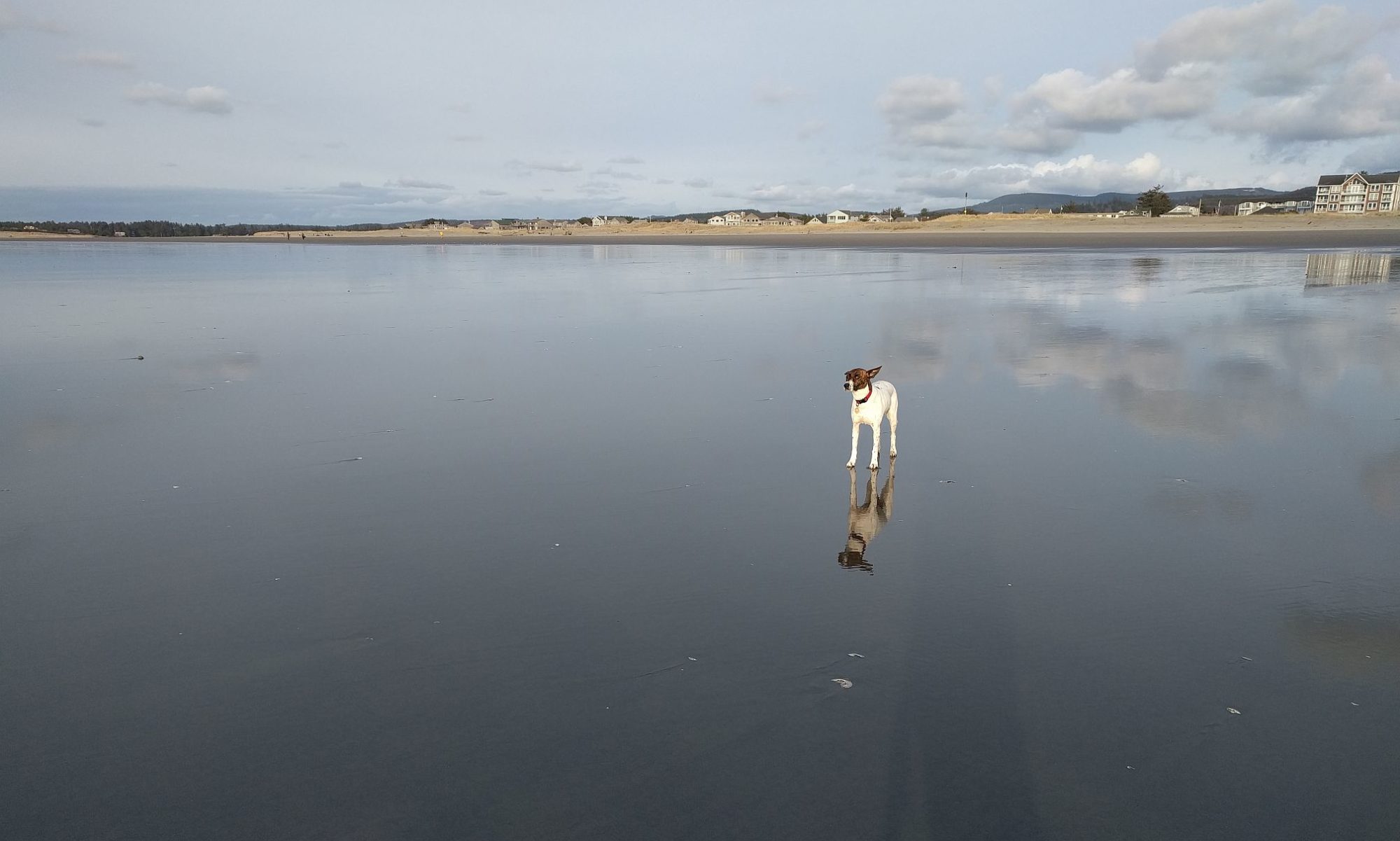“I tell you, Chickadee, I am afraid of people who cannot cry.”
Alice Walker
 Portland’s icy-snow is melting, and some of us are staying warm with words.
Portland’s icy-snow is melting, and some of us are staying warm with words.
For me it’s been sitting on the couch with one book after another, but on Friday night some lucky poets gathered at the Newmark downtown to celebrate what would have been Oregon Poet Laureate William Stafford’s 100 birthday: Li-Young Lee, Mary Szybist, Kim Stafford, Matthew Dickman, Paulann Peterson and Tony Hoagland (Ted Kooser did not make it as planned) read their own work, some Stafford poems, and they each talked about the influence the late-poet had on their own lives.
I’m sorry I missed the event, but here’s a video worth checking out to take in some of William Stafford’s wealth of words and life, The Stafford Centennial: A Conversation, an OPB production.
William Stafford is known as a poet who awoke early each morning to write. Everyday he would make poems, and when someone would ask how he does it, ask about those days when the muse didn’t seem to show up, he’d say, “I just lower my standards.”
We don’t gather at 4am in the morning, but a small circle of us meet several times a month and write poetry. During our darkest months, we gather as the sun rises, and that’s when Peg Edera wrote “The Outlier”.
For Peg, this poem is about “a sense of not belonging, that feeling that often accompanies grief. Be it the grief of a loved one passing on or the grief that accompanies trauma of any kind. My experience of recognizing the ‘outlier’ in myself has been part of my return to myself.”
“The outlier is not a part of myself I like hanging out with, but she is part of me and always has things to teach me–if I let her.”
I like this poem, and don’t we all sometimes find ourselves in that place? We finger and sniffle through experiences and events without even realizing what we see and feel. We work through grief–write poetry, sing, hike in the woods, cry, wander, grow grapes–not even aware of the Outlier in ourselves.
The Outlier
It doesn’t matter
when your skin seems to belong
to another
your tongue thick and dry,
when your feet feel brittle,
long bones frail,
scent dull
like a room unopened for years.
This is when to simply stop.
This is when to shun the urge
to fill the emptiness.
If you remember
to let the stopping fill you,
to let silence broaden
and remember to sink
into the Outlier
you have become,
you begin to make friends again
with someone you’d like to forget.
She is not so different
from the one you want
to remember.
Trust the Outlier to lead you.
There are so many ways to come home.
Peg Edera
Recommended Links:
More about Peg Edera on her website.


Deborah nice job and thank you for offering River Times Muse. Peg’s poem is beautiful
I love the poem — and also the sense of place. It made me want to be there, despite all those snow pictures my Portland friends keep posting. (Of course, I now officially live in the 10th snowiest city in America, so Portland might be a respite from Worcester, Mass.)
Great post and a beautiful poem. I love your site, Deborah.
This Peg Edera poem has so much wisdom. I, too, need to remember to stop.
Love this poem and coming home to shadowy spaces, so feeling and resonating with this walk into beauty – thank you…
Thank you for this post, this poem, the connection to the Stafford film. A gift in the wind, and what a wind.
Such a lovely poem.